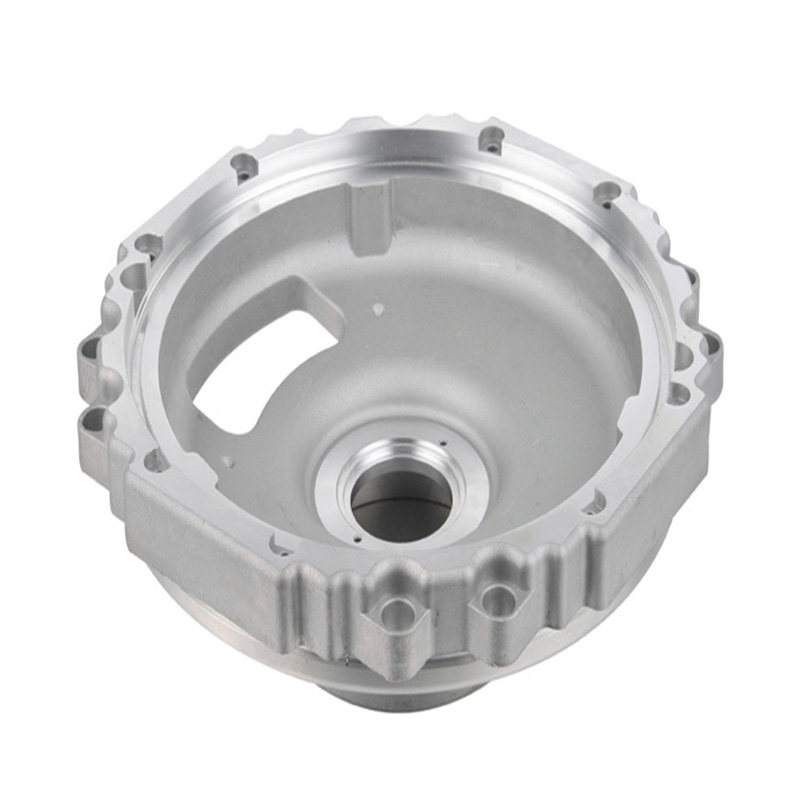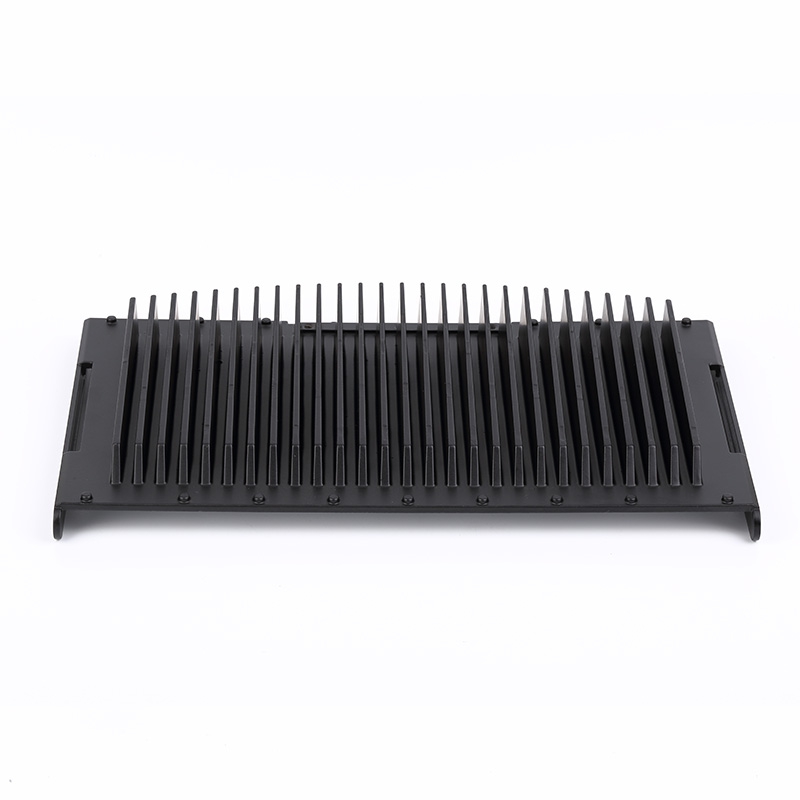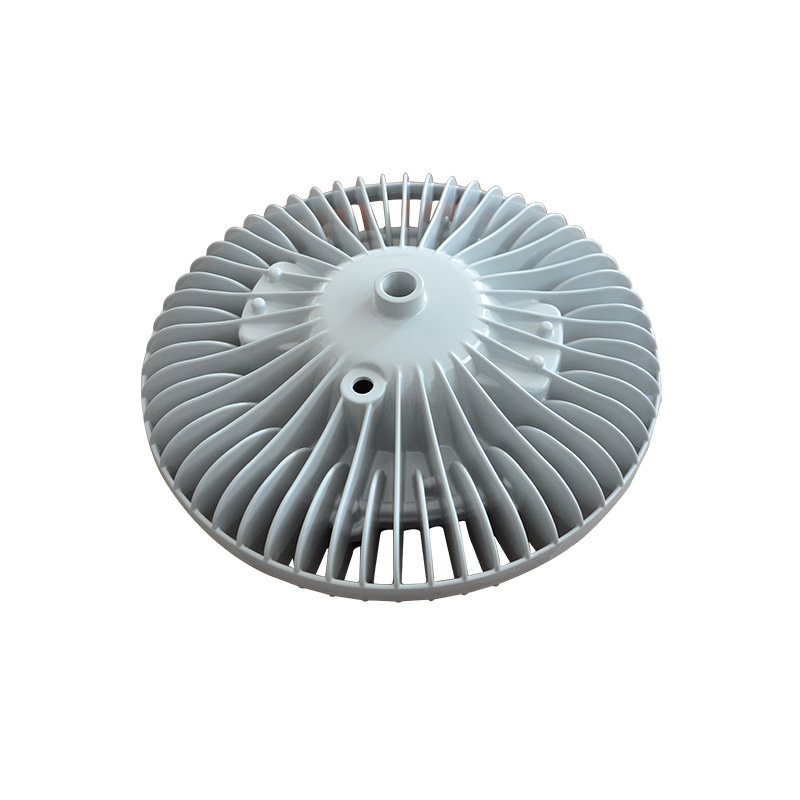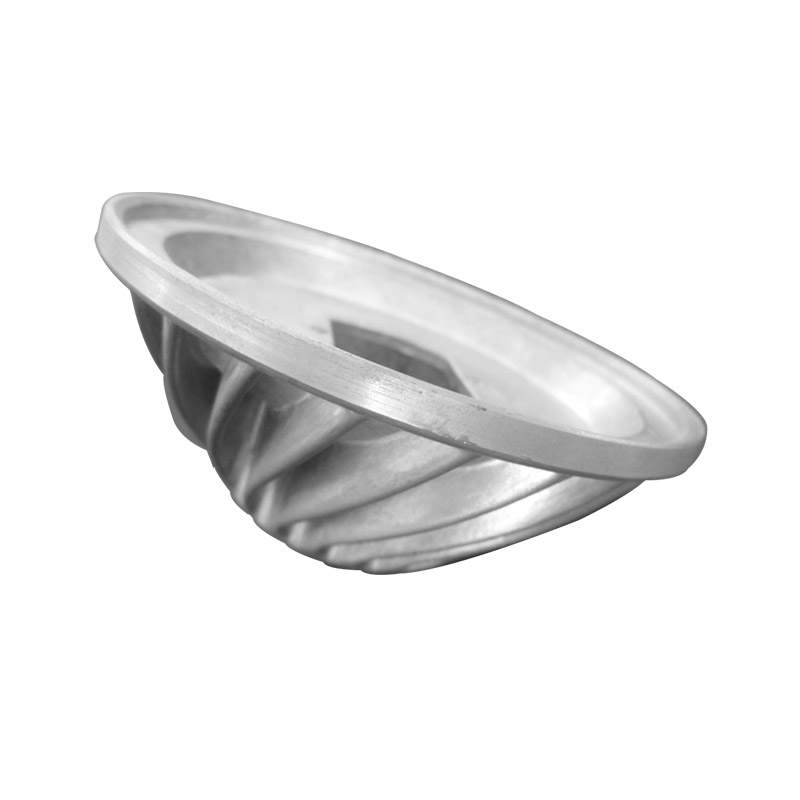Oct 30, 2021
Difference between die casting adn gravity casting and sand casting
Die casting is the metal mold pressure on the die casting machine, which is the casting process with the highest production efficiency at present. Die casting machines are divided into hot chamber die casting machines and cold chamber die casting machines. The hot chamber die casting machine has high automation, less material loss and higher production efficiency than the cold chamber die casting machine. However, restricted by the heat resistance of the parts, it can only be used for the casting production of low melting point materials such as zinc alloy and magnesium alloy. Nowadays, aluminum alloy die castings widely used can only be produced on cold chamber die casting machine because of their high melting point. The main feature of die casting is that liquid metal fills the cavity under high pressure and high speed, and forms and solidifies under high pressure. The disadvantage of die casting is that during the process of filling the cavity under high pressure and high speed, the air in the cavity is inevitably clamped inside the casting to form subcutaneous pores, so aluminum alloy die castings are not suitable for heat treatment, Zinc alloy die castings should not be sprayed with plastic (but can be painted). Otherwise, when the pores inside the casting are heated by the above treatment, they will encounter thermal expansion and cause deformation or bubbling of the casting. In addition, the mechanical cutting allowance of die castings should also be small, generally about 0.5mm, which can not only reduce the weight of castings and cutting amount to reduce costs, but also avoid penetrating the dense layer on the surface and exposing subcutaneous pores, resulting in scrapping of workpieces.
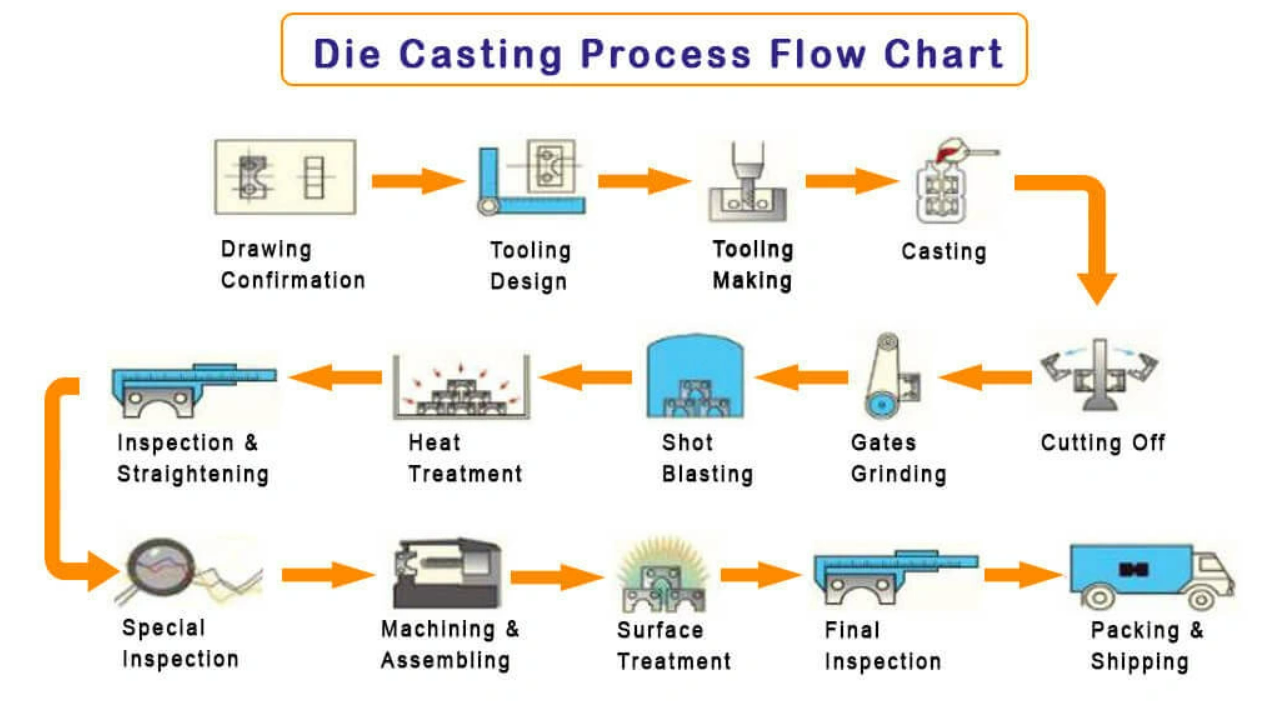
Gravity casting refers to the process of injecting molten metal into the mold under the action of the earth's gravity, also known as casting. Generalized gravity casting includes sand casting, metal casting, investment casting, lost foam casting, mud casting, etc; Gravity casting in narrow sense refers to metal mold casting.
1. There are many processes to make metal materials into required products, such as casting, forging, extrusion, rolling, drawing, stamping, cutting, powder metallurgy, etc. Among them, casting is the most basic and commonly used process.
2. The molten metal is injected into the hollow mold made of high temperature resistant materials, and the product with the expected shape is obtained after condensation, which is casting. The resulting product is a casting.
3. Casting can be divided into ferrous metal casting (including cast iron and cast steel) and non-ferrous metal casting (including aluminum alloy, copper alloy, zinc alloy, magnesium alloy, etc.) according to the materials of castings. Precision casting factory specializes in non-ferrous metal casting, focusing on aluminum alloy and zinc alloy casting.
4. Casting can be divided into sand mold casting and metal mold casting according to the materials of mold. Precision casting factories are skilled in these two kinds of casting processes, and design and manufacture these two kinds of casting molds by themselves.
5. Casting can also be divided into gravity casting and die casting according to the pouring process of liquid metal. Gravity casting refers to the process of injecting molten metal into the mold under the action of the earth's gravity, also known as casting. Generalized gravity casting includes sand casting, metal casting, investment casting, lost foam casting, mud casting, etc; Gravity casting in narrow sense refers to metal mold casting. Pressure casting refers to the process of injecting molten metal into the mold under the action of other external forces (excluding gravity). In a broad sense, die casting includes die casting, vacuum casting, low pressure casting, centrifugal casting, etc; Pressure casting in narrow sense refers to metal mold pressure casting of pressure casting machine, which is referred to as die casting for short. Precision casting factory has long been engaged in gravity casting of sand mold and metal mold. These casting processes are the most commonly used and the lowest relative price in nonferrous metal casting.
6. Sand mold casting is a traditional casting process that takes sand as the main molding material to make mold. Gravity casting is generally used for sand mold, and low-pressure casting, centrifugal casting and other processes can also be used when there are special requirements. Sand casting has a wide range of adaptability, including small and large parts, simple and complex parts, single parts and large quantities. The molds used for sand casting were usually made of wood, commonly known as wood molds. In order to change the disadvantages of easy deformation and damage of wood molds, Xudong precision casting factory has changed all aluminum alloy molds or resin molds with high dimensional accuracy and long service life, except the sand castings produced by a single piece. Although the price has increased, it is still much cheaper than the mold used for metal mold casting. The price advantage is particularly prominent in small batch and large piece production. In addition, sand mold has higher fire resistance than metal mold, so this process is also used for materials with high melting point, such as copper alloy and ferrous metal. However, sand casting also has some shortcomings: because each sand mold can only be poured once, the mold is damaged and must be re molded after obtaining the casting, so the production efficiency of sand casting is low; Because the overall nature of sand is soft and porous, the dimensional accuracy of sand casting is low and the surface is rough. However, with years of technical accumulation, the precision casting factory has greatly improved the surface condition of sand castings, and its effect after shot blasting is comparable to that of metal castings.
7. Metal mold casting is a modern technology of making hollow mold for casting with heat-resistant alloy steel. The metal mold can be either gravity casting or die casting. The mold of metal mold can be used repeatedly. Each time the liquid metal is poured, a casting can be obtained. The service life is very long and the production efficiency is very high. The casting of metal mold not only has good dimensional accuracy and smooth surface, but also has higher strength and less damage than that of sand mold when pouring the same liquid metal. Therefore, in the mass production of medium and small castings of non-ferrous metals, metal mold casting is generally preferred as long as the melting point of the casting material is not too high. However, metal mold casting also has some shortcomings: because the processing of heat-resistant alloy steel and hollow cavity on it are more expensive, the mold cost of metal mold is not cheap, but it is much cheaper than that of die-casting mold. For small batch production, the mold cost allocated to each product is obviously too high, which is generally not easy to accept. Because the mold of metal mold is limited by the size of mold material and the capacity of cavity processing equipment and casting equipment, it is powerless for particularly large castings. Therefore, metal mold casting is rarely used in small batch and large piece production. In addition, although the metal mold adopts heat-resistant alloy steel, its heat-resistant ability is still limited. It is generally used for the casting of aluminum alloy, zinc alloy and magnesium alloy. It has been less used in copper alloy casting, and less used in ferrous metal casting. The metal mold of FUERD precision casting factory is designed and manufactured by ourselves, so it can provide customers with cheap and applicable high-quality molds in a more timely manner.
Ningbo Fuerd was founded in 1987, is leading full-service die Casting Tooling, aluminum die casting, zinc die casting, Gravity casting manufacturer. We are a solution provider offering a wide array of capabilities and services that include engineering support, designing, molds, complex CNC machining, impregnation, tumbling, chrome, powder coating, polishing, assembly and other finishing services. We will work with you as partners not just suppliers.
NINGBO FUERD MECHANICAL CO., LTD
Website: https://www.fuerd.com
